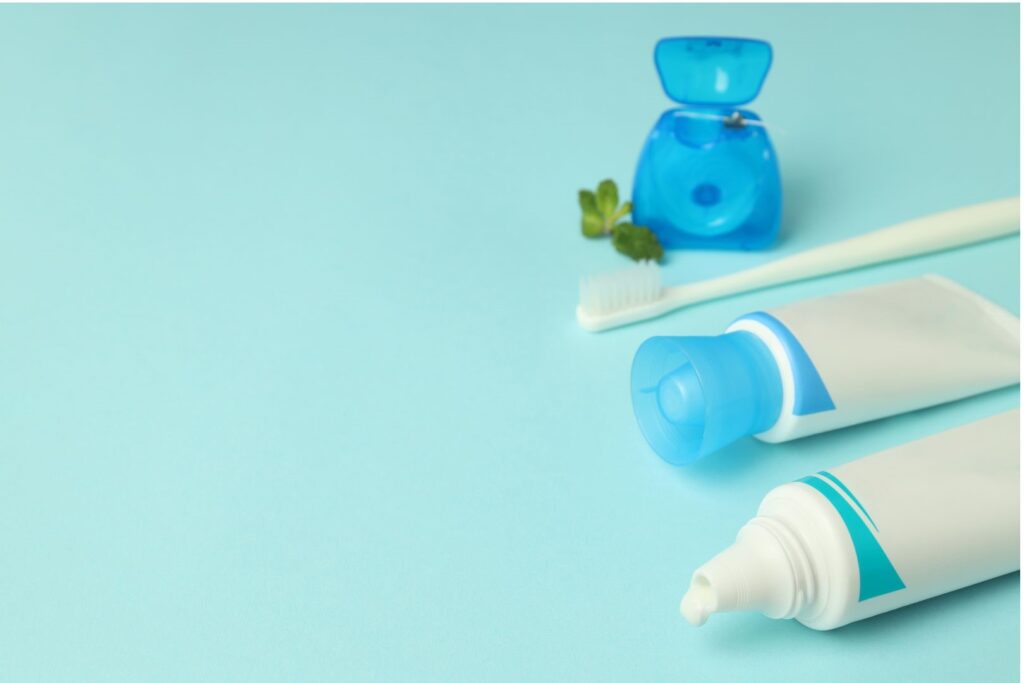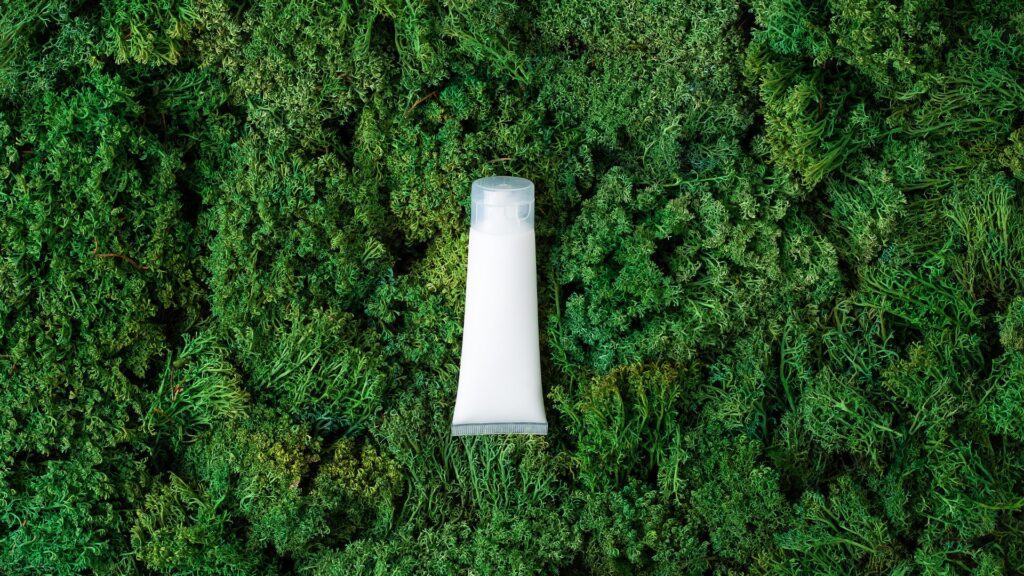Discover the Best Toothpaste in Singapore: Your Ultimate Guide
Maintaining good dental hygiene is crucial for overall health, and choosing the right toothpaste plays a vital role in this process. In Singapore, where dental care is a top priority, finding the best toothpaste can be a daunting task. With numerous options available, ranging from fluoride toothpaste to those designed for sensitive teeth, consumers often find themselves overwhelmed when selecting the most suitable product for their dental needs.

This comprehensive guide aims to help readers navigate the world of toothpaste in Singapore. It will explore various aspects, including key ingredients, specific formulations for different dental concerns, and eco-friendly alternatives. By examining popular brands and considering recommendations from dental professionals, this article will provide valuable insights to assist readers in making an informed decision about the best toothpaste for their unique oral health requirements.
Understanding Toothpaste Ingredients

Fluoride: The Essential Ingredient
Fluoride is one of the most crucial active ingredients found in toothpaste. It plays a pivotal role in preventing cavities and strengthening tooth enamel. Fluoride remineralizes the enamel, making it more resistant to acid attacks from bacteria in plaque. Regular use of fluoride toothpaste helps protect teeth from decay and promotes overall oral health.
Fluoride is a naturally occurring mineral that exists in soil, rocks, water, and many foods. It is an important part of tooth development in children under the age of 7, as it strengthens developing enamel. In children and adults, it also slows down the acid-producing capability of plaque, which protects teeth from decay.
Fluoride protects teeth against decay by helping strengthen developing enamel and slowing acid production of bacteria caused by plaque. It protects teeth against demineralization, which occurs when bacteria combine with sugars to create acid that erodes the tooth. Furthermore, fluoride promotes remineralization, bringing calcium and phosphate ions to the tooth to create a new surface area that is acid-resistant.
However, too much fluoride can lead to dental fluorosis, a condition that produces a change in the color of tooth enamel, usually manifesting as white or brown spots. Fluorosis typically occurs when children in the teeth-forming years swallow toothpaste instead of spitting it out.
Abrasives: Balancing Cleaning Power
Abrasives are mild cleaning agents that help polish teeth and remove surface stains. These particles gently scrub away stains caused by food and beverages, contributing to a brighter and cleaner smile. Common abrasive ingredients include hydrated silica and calcium carbonate.
As the hardness of the enamel on the tooth surface is 6-7 on the Mohs scale, the hardness of an abrasive should be 3 or less. For practical purposes, the particle size should be 20μm or less to avoid damaging the tooth surface and gums.
Although many methods have been suggested for measuring the abrasive effect of powders incorporated in toothpastes, the RDA (Radioactive Dentine Abrasion) method is the most widely accepted worldwide.
Many toothpastes contain antimicrobial agents, such as triclosan or stannous fluoride, which play a crucial role in maintaining oral hygiene. These agents not only reduce the risk of gum disease but also freshen breath by eliminating odor-causing bacteria. This is particularly beneficial for individuals prone to gum inflammation and periodontal issues.
Stannous ions, added in the form of stannous fluoride or stannous pyrophosphate, possess several interesting properties. Stannous fluoride, in particular, was frequently used as a vehicle for fluoride in dental preparations and can help protect teeth against tooth wear from erosion and tooth grinding. Zinc, added as zinc chloride or zinc citrate, inhibits the metabolism of glucose to lactic acid by bacteria like Streptococcus mutans, Streptococcus sanguis, and Actinomyces naeslundii. It also inhibits the production of volatile sulfur-containing compounds (VSCs) in the oral cavity, which cause bad breath. The presence of these antimicrobial agents in your toothpaste provides reassurance that your oral hygiene is in good hands.
Whitening Toothpastes: Fact vs. Fiction
Whitening toothpastes feature ingredients designed to remove surface stains from teeth. There are two types of stains: extrinsic, caused by food or drinks like coffee and tea, and intrinsic, occurring inside the tooth. Toothpastes containing silica remove extrinsic stains during brushing, targeting only the surface. On the other hand, oral products containing hydrogen peroxide are beneficial for whitening intrinsic stains, removing surface stains and effectively whitening teeth.
Whitening toothpastes are generally safe and suitable for everyone, including those with sensitive teeth. However, it is important to choose a product specifically formulated to address tooth sensitivity, such as Sensodyne Repair & Protect Whitening Deep Repair, which can help protect and soothe sensitive teeth. Some whitening toothpastes designed for sensitive teeth may also have lower abrasiveness, making them gentler on enamel.
Popular whitening toothpaste brands like Darlie All Shiny White Supreme Refreshing Mint Toothpaste actively target extrinsic stains, restoring brilliant whiteness and eliminating uneven discoloration. Burt’s Bees Purely White Zen Peppermint Toothpaste Fluoride-Free and Tom’s of Maine Fluoride-Free Antiplaque & Whitening Toothpaste in the Peppermint variant are also effective in removing surface stains caused by daily coffee consumption.
Sensitivity Relief Toothpastes
Teeth become sensitive when their pulp has little to no protection from temperature changes in the mouth, typically brought on by certain foods. The best toothpaste for sensitive teeth strengthens the enamel and contains ingredients that protect the nerves which hot and cold foods often irritate. It should also contain fluoride, which strengthens weak or eroded enamel and helps prevent early signs of decay from progressing.
Many gel-form sensitivity toothpastes contain a small percentage of stannous fluoride or sodium fluoride, which can be prescribed by dentists to help relieve tooth discomfort. If your sensitive teeth are the result of one or more cavities, only a dentist can fix the problem. However, you can help treat other causes of tooth sensitivity at home by brushing regularly with a toothpaste for sensitive teeth, using a soft-bristled toothbrush and avoiding brushing too hard. Your dentist may recommend additional treatments such as scaling or gum grafts if the condition persists.
Tartar Control Formulations
Tartar appears as rough, yellowish deposits along the gum line, which can cause cosmetic concerns and, more importantly, put you at risk of periodontal disease. The tartar control toothpastes are specifically formulated to delay the calcification of plaque on your teeth, allowing you more time to remove it through normal brushing. Common anti-calculus agents in these toothpastes include zinc ions and pyrophosphate.
These kinds of toothpastes also contain abrasives to help remove the sticky plaque or biofilm from the surfaces of your teeth, grinding away bacteria and polishing your teeth without damaging the enamel. While toothpaste alone isn’t enough to remove existing tartar, brushing with a good tartar control toothpaste like Colgate Total Plaque Protection Toothpaste can help with plaque removal and prevent it from turning into harmful tartar.
Sensodyne and Oral 7 are popular toothpaste brands that cater to specific dental needs, with Sensodyne designed for individuals with sensitive teeth and Oral 7 focusing on promoting overall oral health and preventing gum disease.
The Gentle Power of Enzymes in Oral Care
Traditional toothpaste often relies on abrasive ingredients to clean teeth, which can sometimes lead to sensitivity or enamel erosion. In contrast, enzyme-based toothpastes, like Enzim, offer a gentler yet effective approach to oral care. By harnessing the power of nature, these toothpastes utilise enzymes to break down plaque and food particles without the need for harsh chemicals.
The human oral cavity is a complex ecosystem teeming with microorganisms, including beneficial bacteria that aid in digestion and immune function. However, an imbalance in this delicate ecosystem can lead to oral health issues. Enzymes, such as those found in saliva, naturally contribute to maintaining oral balance. Enzyme-based toothpastes supplement this natural process by introducing additional enzymes like papain and bromelain, derived from fruits such as papaya and pineapple, to further enhance oral hygiene.
By incorporating enzyme-based toothpaste into your daily routine, you can help maintain a healthy oral microbiome while effectively removing plaque and promoting fresh breath. This gentle yet powerful approach to oral care can contribute to overall well-being.
Eco-Friendly and Natural Toothpaste Alternatives

Fluoride-Free Options
Many natural toothpastes do not contain fluoride, as some individuals prefer to avoid it due to potential toxicity when ingested in large amounts. Instead, these fluoride-free options often use alternative cleaning agents like calcium fluoride or calcium carbonate to help remove surface stains from teeth. However, these alternatives may not be as effective as fluoride in reducing plaque, protecting teeth and gums, and preventing cavities.
Sustainable Packaging
Traditional toothpaste tubes are typically made from non-recyclable materials like plastic and aluminum, contributing to plastic pollution and ending up in landfills. To combat this, eco-friendly toothpaste alternatives often come in sustainable packaging like recyclable aluminum tins, glass jars, or plastic-free toothpaste tablets. These options not only reduce plastic waste but also have a lower carbon footprint during transportation due to their lightweight nature.
Natural Ingredient Formulations
Many commercial toothpastes contain potentially harmful chemicals like sodium lauryl sulfate (SLS), propylene glycol, artificial colors, and triclosan. In contrast, natural toothpaste alternatives are formulated with mindfully sourced, biodegradable ingredients like neem, coconut oil, baking soda, activated charcoal, and essential oils like peppermint or clove. These natural ingredients offer gentle yet effective cleaning while avoiding potential health risks associated with certain chemicals found in traditional toothpastes.
Popular natural toothpaste brands like Georganics and Ben & Anna offer a wide range of flavors and options, including toothpaste, toothpowder, and tooth soap, catering to various preferences and needs, such as sensitivity or whitening. These eco-friendly toothpastes aim to care for both your teeth and the environment through sustainable practices and natural ingredients.


